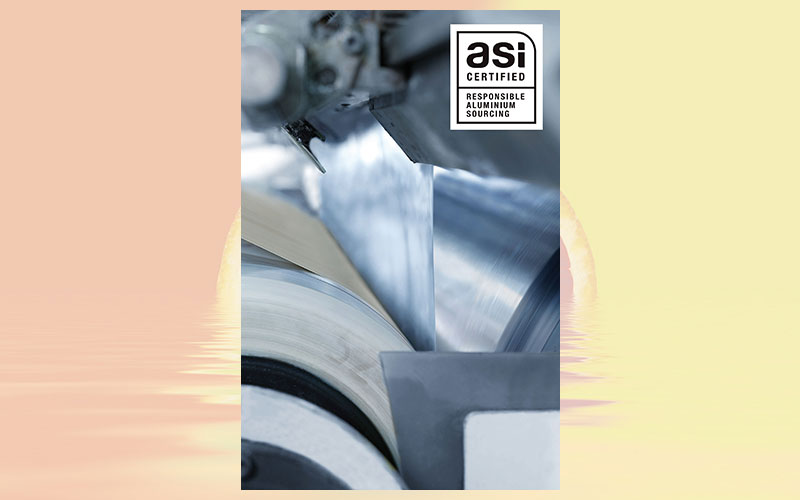SIG leads the industry with 100% ASI-certified aluminium sourcing for aseptic carton packs
SIG announced another industry first for responsible sourcing by purchasing 100 % of the aluminium for SIG aseptic carton packs with certification to the Aluminium Stewardship Initiative (ASI) standards globally from January 2023.

SIG announced another industry first for responsible sourcing by purchasing 100 % of the aluminium for SIG aseptic carton packs with certification to the Aluminium Stewardship Initiative (ASI) standards globally from January 2023. SIG is the only packaging provider to offer aseptic cartons with ASI-certified aluminium and enable customers to include the ASI label on its packs.
SIG has led the way in offering the world’s first packaging materials without an aluminium layer for aseptic cartons since 2010, including a full barrier solution without an aluminium layer launched in 2022. But these are not yet available in all formats and many of SIG’s aseptic carton packs still require an ultra-thin layer of aluminium foil to protect the food inside.
Through ASI certification, SIG is demonstrating its commitment to source aluminium for its packs responsibly. ASI sets leading standards for responsible aluminium production and sourcing, covering a broad range of ethical, environmental and social topics, including specific limits on carbon emissions in the production of aluminium.
By requiring all its aluminium suppliers to meet ASI standards, SIG is helping to improve performance in supply chains and drive lower-carbon aluminium production. This in turn supports reductions in the value chain carbon footprint for SIG and its customers.









